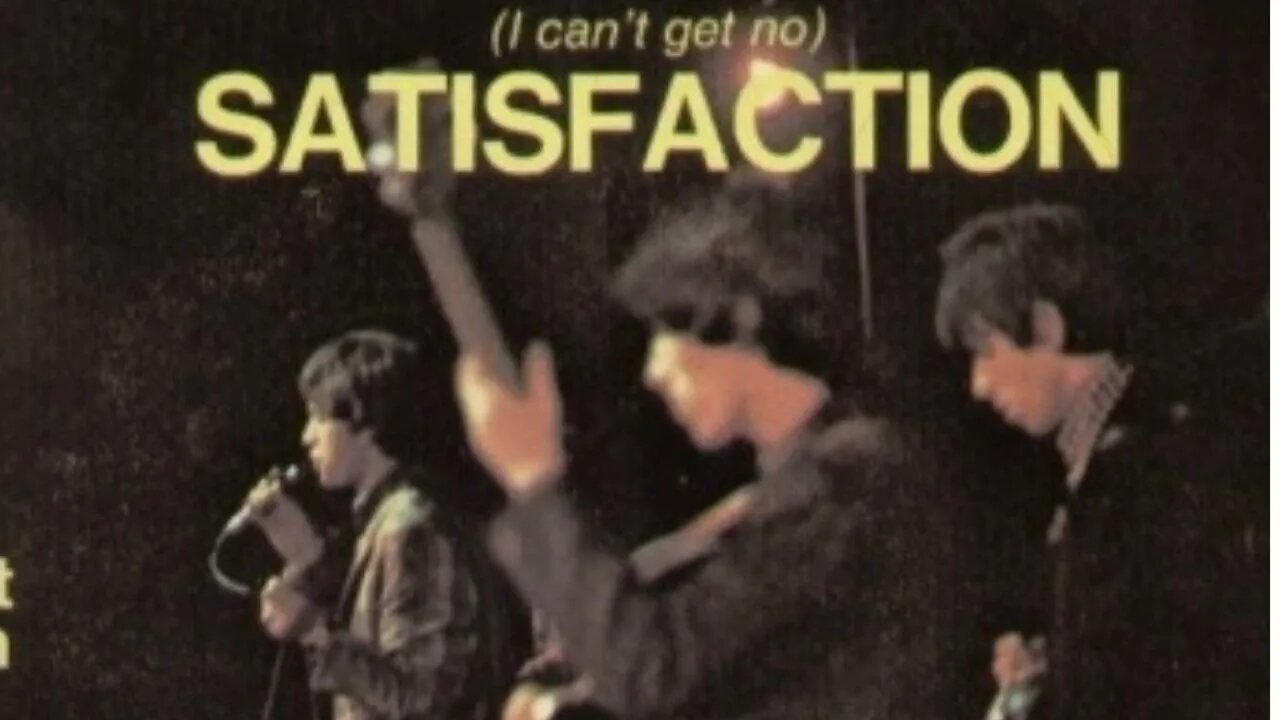Premium Only Content

How the Gibson Fuzz Box REDEFINED Rock Music - What the Rolling Stones Had to Do With It #shorts
In the summer of 1965, Mick Jagger and Keith Richards were on tour in the United States with their band, The Rolling Stones. Amidst their busy schedule, they found time to record a demo for a new song in a hotel room in Clearwater, Florida. That song was "(I Can't Get No) Satisfaction," which would go on to become one of the most iconic rock songs of all time.
Richards had recently acquired a Gibson fuzz-box, a device that created a distorted sound when plugged into the guitar amplifier. He plugged his guitar into the fuzz-box and played the opening riff that would become the signature sound of the song. Jagger, inspired by the beat of Martha and the Vandellas' hit song "Dancing in the Street," added the lyrics and the melody, and the demo was complete.
The song was immediately met with enthusiasm from their producer and their label, and it was quickly released as a single. It reached the top of the charts in both the UK and the US, solidifying The Rolling Stones' place in rock history.
At the heart of "Satisfaction" is Jagger's frustration with consumer culture and the pressures to conform. In the song, he sings, "I can't get no satisfaction, 'cause I try and I try and I try and I try. I can't get no satisfaction." The lyrics capture a sense of disillusionment with the status quo and the quest for something more meaningful.
The song resonated with audiences who were experiencing similar feelings of disillusionment with the world around them. It became an anthem for a generation that was rebelling against the conformity of the 1950s and demanding more freedom and self-expression.
The impact of "Satisfaction" on The Rolling Stones' career and the larger music industry cannot be overstated. It marked a turning point in their sound and style, and set the tone for the rest of their career. It also paved the way for other bands to explore and push the boundaries of rock music.
In the decades since its release, "(I Can't Get No) Satisfaction" has become a classic rock staple, featured in countless movies, TV shows, and commercials. It continues to inspire and influence musicians today, and its message of individuality and non-conformity remains just as relevant as ever.
In summary, "(I Can't Get No) Satisfaction" by The Rolling Stones is more than just a catchy rock song. It is a cultural touchstone that captures the spirit of a generation, and a testament to the enduring power of rock music.
-
 25:41
25:41
SB Mowing
12 hours agoPICTURE living next to THIS and not knowing what to do…
53.2K24 -
 2:16:01
2:16:01
George Galloway
1 day agoNEW YEAR COUNTDOWN - MOATS with George Galloway - EP 408
65.5K119 -
 18:39
18:39
Stephen Gardner
8 hours ago🔥BREAKING! Trump's SHOCKING New Demand | Biden admits DOJ TARGETED Trump Illegally!
61.7K271 -
 1:20:23
1:20:23
Josh Pate's College Football Show
13 hours ago $13.51 earnedCFP Prediction Special: OhioSt vs Oregon | UGA vs Notre Dame | Texas vs ASU | Boise vs PennSt
89.9K6 -
 7:50:03
7:50:03
Scottish Viking Gaming
12 hours ago💚Rumble :|: SUNDAY FUNDAY :|: Virginia has two Verginers, Change my Mind!
108K18 -
 1:49:50
1:49:50
Winston Marshall
2 days agoThe DARK Reality of Socialism - Historian Giles Udy
85.8K87 -
 1:09:28
1:09:28
Sports Wars
10 hours agoBengals STAY ALIVE In OT Thriller, ESPN's Ryan Clark SLAMMED, NFL DESTROYS NBA On Christmas
70.3K11 -
 9:37
9:37
EvenOut
1 day ago $4.88 earnedThe Non-Reflecting Mirror Scare Twin Prank!
60.2K4 -
 11:19
11:19
Tundra Tactical
1 day ago $6.57 earnedI Saw How CMMG Makes Guns.
67.3K8 -
 15:34
15:34
Misha Petrov
23 hours agoReacting To TikTok’s Most DELUSIONAL Takes!
81.7K71